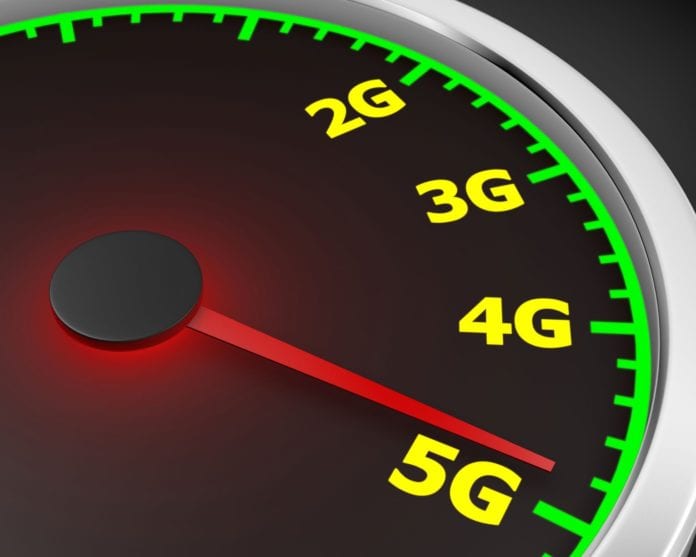The United States is tied with China for first place in 5G readiness, according to a new report from Analysys Mason, which credited policy makers’ decisions with helping the U.S. move up two slots compared to its position last year.
“A year ago, China and South Korea were leading in 5G readiness, with the U.S. close behind,” the analyst firm said in the report for CTIA. “This year, America is surging ahead, surpassing South Korea and pulling into first place alongside China.”
Analysys Mason continued: “By the end of 2019, the U.S. will have nearly twice as many commercial 5G deployments than the next nearest country—and in communities from Harrison County, Mississippi and Indianapolis, Indiana to Phoenix, Arizona and Nashville, Tennessee.” The analyst firm tallies 92 community/city-level 5G deployments expected by U.S. carriers this year, compared to 48 in South Korea and 16 in the United Kingdom.
“Our report discusses the significant developments taking place globally towards 5G launch, and overall we have found that the determined moves by U.S. operators to launch 5G services, combined with reforms that have been made in the U.S. to make it easier to deploy mobile infrastructure, have given the U.S. a leading position in this year’s rankings,” said Janette Stewart, principal at Analysys Mason, in a statement.

In terms of available spectrum on a global basis, Analysys Mason concluded that while the U.S. has led in making low-band spectrum available, much of that is being used for 4G networks. The country is also showing leadership in making high-band spectrum available, the firm said, noting that the U.S. “has already assigned 2,500 megahertz of high-band spectrum, and is working on releasing more.” The Federal Communications Commission has already held one auction earlier this year for 28 GHz spectrum and is in the midst of its 24 GHz auction, with more auctions expected this year. South Korea, meanwhile, has assigned 2,400 megahertz of spectrum, Analysis Mason said, while Italy has assigned 1,000 megahertz and China intends to make 2,000 megahertz available to each of its operators.
However, the firm pointed to mid-band spectrum availability as an area where the U.S. has fallen short compared to its international fellows; the report recommended that “rectifying that deficit should be central to the Administration’s efforts” and further urged the FCC to put together a five-year schedule of auctions to make even more spectrum available to the industry, along with modernizing policies and relying on free-market principals to guide spectrum policy. The recommendations are part of CTIA’s engagement with the Trump administration as it takes comment from various stakeholders and agencies to put together a national spectrum policy.
President Trump ordered federal agencies last October to “thoughtfully consider whether and how their spectrum-dependent mission needs might be met more efficiently and effectively, including through new technology and ingenuity” and said that the government “shall continue to look for additional opportunities to share spectrum among federal and non-federal entities” as well as “continue to encourage investment and adoption by federal agencies of commercial, dual-use, or other advanced technologies that meet mission requirements, including 5G technologies.” One of the goals of that long-term national spectrum policy is to assure a leading position for the U.S. in 5G.

